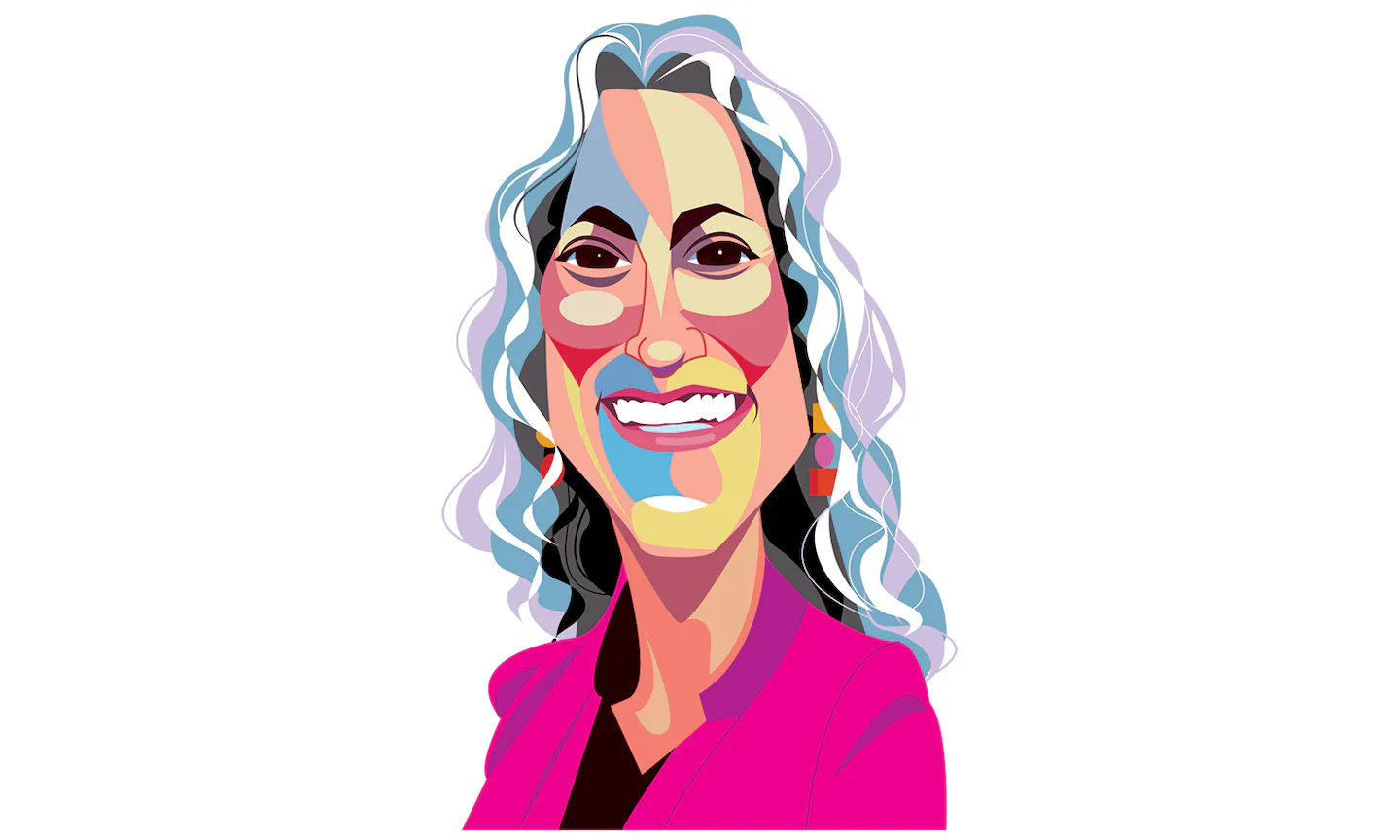Copyright The Boston Globe

MAPC assists communities with a wide range of issues and scenarios such as preparing properties for the effects of climate change, rezoning for transportation corridors, and fostering more local arts and culture — to name just a few. (The MAPC can also act as a procurement authority for cities and towns.) Lately, it has been helping municipal officials set affordable housing benchmarks for new projects and to live up to the “MBTA Communities Act” standards, which require towns to allow a certain amount of multifamily housing to be built near train stations. Weyant will lead a 120-person staff and oversee a $14 million operating budget. She takes over at a challenging time for any organization that relies on federal funding for at least half its budget, as MAPC does. (Fees drawn from municipalities’ allotments of state aid pay for most of the rest.) She said MAPC has already seen some cuts to its programs as a result of cutbacks in Washington, but nothing that’s been severe enough yet to affect staffing levels. “There’s so much uncertainty, right? We hear about it every day,” Weyant said. “But I am excited for the work because I feel like cities and towns have an opportunity to lead in this moment [to] really serve our residents, protect the things we value as a Commonwealth collectively, and continue to move them forward.” Don’t worry. Bob Rivers won’t be hanging the proverbial “for sale” sign out in front of Eastern Bank anytime soon. That’s the message the Boston bank’s executive chair conveyed on Friday in response to a Reuters report that an investor in Eastern’s holding company is pushing for changes at Eastern, including a potential sale to a bigger bank. Florida hedge fund HoldCo Asset Management announced through the Reuters story that it had accumulated a nearly 3 percent stake in Eastern. HoldCo founders Vik Ghei and Misha Zaitzeff take issue with Eastern’s acquisition activity in the past few years — the latest deal, the purchase of HarborOne Bank, closes next week — saying they would prefer Eastern stop buying banks and sell itself to a bigger institution instead. Shares in Eastern’s holding company rose 5.5 percent on Friday. The Reuters report follows HoldCo’s activity at Comerica, in which HoldCo threatened to nominate several directors to its board if the Dallas-based bank didn’t put itself up for sale. (Comerica apparently ended up following HoldCo’s advice, inking an $11 billion deal this month to be sold to Fifth Third Bank.) Now, Ghei and Zaitzeff are making a similar threat about a possible proxy contest at Eastern. “We are very confident in our long term strategy and our ability to continue to create shareholder value,” Rivers said in a statement to the Globe. “Through the execution of our strategy, we have created the leading bank in Eastern Massachusetts, with strong profitability and a track record of attractive returns, along with a continued strong commitment to serving our customers, our communities, and our colleagues.” In other words: We’re not for sale. Now that Amplitude Vascular Systems is ready to start selling its medical device, the company needs a place to make it. That’s a big reason why AVS has left its Seaport digs for a much larger home in Waltham. AVS just opened its new headquarters at 180 Third Ave., where it leases nearly 40,000 square feet from BXP, in the landlord’s CityPoint development. Board chairman Mark Toland said AVS is eyeing a mid-2026 commercialization date, based on his expectations for Food and Drug Administration approval, and plans to make the Waltham space home for its manufacturing, research, and administration. AVS represents a Boston Scientific reunion of sorts. Toland, an executive with AVS investor BioStar Capital, had worked for the Marlborough-based med-tech giant for nearly 20 years, and Hank Kucheman, another BioStar executive working with AVS, is a former Boston Scientific chief executive. AVS chief operating officer Sean Gilligan and vice president Angie Volk are also former longtime Boston Scientific executives. The Waltham company’s Pulse IVL System, born out of a University of Michigan incubator, is used to treat calcified arteries by emitting high-frequency pulses through a catheter system to fracture the calcium and restore proper blood flow. (Its biggest rival is Johnson & Johnson’s Shockwave device, which is already on the market.) Toland says about 30 people work in the Waltham office, primarily engineers, but that number will more than triple to 100 by the end of next year. For Toland, Waltham is familiar ground. He led Corindus, a med-tech robotics company that had been based in Waltham, before it was acquired by Siemens Healthineers in 2019. Toland likes the location because it’s close to where many med-tech veterans live in the suburbs, while also relatively accessible to younger workers who prefer living in or around Boston. “We’re really excited to grow these companies in the Boston metro area,” Toland said. “The rich talent pool is something you can’t get everywhere.” One of the big knocks on Harvard Square is that it’s occupied by too many big chains and not enough local shops. The same will not be true in a new development sprouting up on Harvard-owned land, across the Charles River in Allston, per developer Tishman Speyer senior director Chris Whittier. During a tour of the 900,000-square-foot first phase of Harvard’s Enterprise Research Campus organized by NAIOP Massachusetts last week, Whittier told participants that it’s important to have local enterprises fill the storefronts. City-approved plans call for at least one-quarter of the 40,000 square feet of retail space in this first phase to be local and/or owned by women or people of color. Whittier indicated that Tishman will far exceed that threshold. “There’s a lot of places in Boston right now where you can have great experiences with out-of-town retailers, out-of-town restaurants,” Whittier said. “But we wanted to do something a little bit different here.” Toward that end, the team at Dorchester’s Comfort Kitchen, led by Biplaw Rai and Nyacko Pearl Perry, has been enlisted to run the restaurant at the ERC’s Atlas hotel and its rooftop bar. And Whittier announced that the Harvard Cooperative Society, aka the Coop, will open a book and apparel store in the hotel. The Coop already has a shop serving Harvard Business School, across the street, but Coop chief executive Jodi Goldstein says this store’s inventory will be aimed at a broader population, including visitors coming to the hotel and the David Rubenstein Treehouse, a conference center next door, when the shop opens next year. Whittier didn’t unveil any other names, though he did say he expects that a day care provider and a fast-casual restaurant will open in the ERC’s lab complex, dubbed OneMilestone, and the Treehouse will feature a cafe. (Whittier said Tishman Speyer is working hard to craft the right lease deals to attract other local tenants.) Not everything at the ERC will have a local flair: Tishman Speyer imported some boulders from Canada for the greenway that will connect the Allston neighborhood to the river.



